The War to End Wars in the Middle East?
What Comes Next for Iran, Israel, and Palestine
Alan Stoga
- “That first night (of the Iranian attack), I told the girls that the first time we went to shelter was when they were in first grade, when Hamas started shooting rockets at Tel Aviv. And now, here we were, at the end of twelfth grade, sitting in a shelter as Iran shot ballistic missiles at Tel Aviv. But this would be the end. At the end of this conflict, there will be no more missiles.”
Abraham Silver
- “There was agreement between [US envoy] Witkoff and [Iranian Foreign Minister] Araghchi on the most important principles of a deal, but because of Israeli pressure, we had a setback. Then exactly two days before the sixth round of negotiations, Israel attacked Iran. Next, on the same day that Iran and European ministers were negotiating, the US attacked Iran. Therefore, many people really believe this was a trap to engage and then attack Iran…Perhaps for the first time during the last 20-30 years, the nation united against this aggression.”
Hossein Mousavian
- “I spend most of my time in Jenin, where the young Palestinians say that this is a war of the last century. This is a war of nation-states, a war of flags—not a war of our generation. Our generation is used to travel and to have no borders. Of course, you need to have a passport and you need to have a state to be able to travel. We need to think of different solutions.”
The wars that are ravaging the Middle East—Gaza, Syria, Lebanon, Iran, Israel, the West Bank—are reshaping the political landscape of the region, with potential consequences throughout the Levant, the Gulf, and the Arabian Peninsula. The human costs have been incredibly high, mostly borne by the Palestinians whose quest for human dignity, never mind statehood, have been crushed by Israel’s drive to punish Hamas for the horrors of October 7th and to secure its own survival.The question is whether this tragedy is just one more in a long list or the one that creates the possibility of a pathway to the peace and prosperity that all people seek.
As part of our exploration of the issues that define war and peace in the Middle East, the Tällberg Foundation recently convened a conversation among Francesca Borri (a journalist based in Jenin in the West Bank), Hossein Mousavian (a former Iranian diplomat now at Princeton University), and Abraham Silver (an Israeli architect teaching at Hebrew University). The conversation was hosted by Alan Stoga, Tällberg’s chairman.
At the start of the conversation there was palpable tension between Silver and Mousavian. For example, Silver argued, “For Israelis, there was this real strong understanding that we were peeling away the onion, and eventually, we needed to get to the core, which was the existential threat of Iran…We at least have deflected that existential threat for the moment.”
For his part, Mousavian insisted that Iran had fully lived up to all its international commitments, but that the United States and the international agencies used negotiations as a pretext to attack his country. “There is no hope for negotiating with the US, Europe, the West in order to have a fair deal.”
Eventually, however, the conversation turned, if not hopeful, at least more pragmatic.
This is a partial, edited transcript of the discussion.
Alan Stoga:
From my perspective, it seems like almost no one has learned much of anything from the disaster of the past two years. Two states or nothing. More conflict. Constant attacks and counterattacks. Rinse and repeat. No trust, since no one deserves trust. Nothing changes.
To repurpose a wonderful old song, “Can the circle be unbroken?” Francesca?
Francesca Borri:
All of us in Israel and Palestine—both sides of the wall—are stuck on October 7th. If you ask any of us, on a personal level, we are not really talking to anyone outside of Israel or Palestine because we all think, “No one can understand unless he’s here.”The point is though, at some, at some point, sooner or later, October 7th will be over. Then we will all start to process what happened, both Israelis and Palestinians. And, so of course, we will all have to change.
But somehow there is opportunity. The gap between the society and leadership is too wide; society is young and leadership is old. They are talking about uranium and nuclear weapons, but my generation is thinking about lithium, solar energy, and the energy transition. We studied uranium and nuclear weapons in history books for our university exams. But all this talk about nuclear weapons makes it sound like the Soviet Union is back again. We are not interested in uranium. We are interested in our future.
So that’s the point. When the gap is so wide, I expect the unexpected. I am looking for a black swan—and I think that Israelis and Palestinians will eventually find common ground. The reality is that we know each other, usually help each other, and, as soon as the world forgets us, we will go back to sharing the same land. That’s the opportunity.
That can begin when we start to process what happened on October 7th. For now, nobody’s processing anything because we are living in a day-by-day emergency. As soon as there are new elections in Israel or government change in Tehran, as soon as there is an end to the active fighting, we will start to process and there will be change—no doubt.
Alan:
Abraham, can you imagine ways to develop Israeli trust with Iran?
Abraham Silver:
Trust with Iran is difficult. I think Hossein said it as well. On the one hand, we have had actions which threaten them, and they have spent the last 20 years with language that threatens us. So how do you get beyond that? Both of us feel threatened by each other and legitimately so. So where do you move from there? Honestly, I do think it’s a real challenge. They have to change their rhetoric. We have to change our behavior. I don’t think it’s impossible, but I do think it’s really difficult.
Alan:
The obvious question is whether the war has been enough of an exclamation point to force that difficult process. Hossein?
Hossein Mousavian:
I believe there is a chance.
First of all, we need direct negotiations between Iran and the US.
Those negotiations cannot be focused on a single issue because I really do not believe the real issue between Iran and the US is about nuclear weapons or democracy or human rights. The real issue is about the region. Therefore, the US and Iran need to agree on major principles. The Iranians must agree they will not harm US interests in the region and the US must agree they will respect the legitimate and natural interests of Iran in the region. This needs to be negotiated.
The second, I believe, is about Iran and Israel. Here the most important principle is that Iran and Israel will stop threatening the existence of each other.
If there would be an agreement by President Trump on these two major principles, then there could be negotiations based on international rules and regulations.
The first issue should and has to be about nuclear because this has been negotiated for 20 years. And frankly speaking, JCPOA was the most comprehensive agreement during the history of non-proliferation with the highest level of transparency inspection, measures with the most comprehensive limits on the nuclear program, which no other NPT member has ever accepted. But Iran accepted.
Nevertheless, we need to be realistic. President Trump does not want only JCPOA; he wants Joint Comprehensive Plan of Action (JCPOA) Plus. What does that mean? I have been working on this for years. That’s why, with Princeton nuclear scientists, we proposed a Middle East nuclear consortium more than a decade ago and repeated it in 2015 and 2023. As recently as June 2025, I proposed a consortium in the Persian Gulf, where Iran would have the centrifuges, enrichment would be in Oman, trade and headquarters would be in the Emirates, while yellowcake, UF6 and the stockpile of enriched uranium would be in Saudi Arabia.
That proposal, with no enrichment in Iran, was published two weeks before war. But it still could be JCPOA Plus. In other words, Iran and the US could agree on JCPOA plus a regional consortium. If that happened, then we could look beyond the nuclear issue.
And then, as I said, the two major challenges would be for Iran and the US to agree not to harm the legitimate or legal or the natural interests of each other in the region. Then it would be about Iran and Israel. Even two years ago, I wrote an article, published in the Journal of Indo-Pacific Affairs of the U.S. Air Force, where I proposed a ceasefire between Iran and Israel followed by mediation. And I think the US is in a good position to do this mediation. If the Iranians and Israelis would agree that they should not and would not threaten the existence of each other, then the US can help negotiate the details of such an agreement.
Alan:
Put aside the US for a moment because they’re not represented here. Abraham, can you imagine the Israeli leadership working in the framework that Hossein just described?
Abraham:
What Hossein described is really amazing. Unfortunately, the current iteration of the Israeli government would not agree—but it is on its last legs; within a year, it will be gone. But Hossein’s painting a larger, broader picture of a longer-term understanding. So whatever new government will come in, the answer is quite possibly, “Yes.” In other words, any other government is going to look towards building bridges, towards creating other realities beyond the rather narrow worldview of this current government.
So long term, the answer is yes to your question. Short-term, the answer is absolutely not.
Hossein:
I agree with Abraham. Yes, I agree.
Alan:
Hossein, going back to Iran. Clearly, there’s going to be a shift in leadership sooner or later. Abraham just talked about what might follow the very long-serving Bibi Netanyahu. Similarly, Iran’s Supreme Leader is nearer the end than the beginning of his time. Does the transition to a new leader have to happen before new possibilities can be explored?
Hossein:
Alan, no one knows what’s going to happen after the current Supreme Leader. That’s why I really prefer if there’s going to be agreement, it’s better to have it during the time of Ayatollah Khamenei because he is very powerful. If he decides, then the radicals in Iran would be quiet. For example, he really didn’t like JCPOA, but he agreed to it—and therefore it was implemented correctly with zero failure for a full three years.
The other very positive issue is that he really believes in his fatwa that nuclear weapons and all weapons of mass destruction are unacceptable from a religious point of view. I don’t know whether the next leader would believe the same or not because there is another school of thought arguing, “Why do Israel, India, and Pakistan have such weapons? Why should we not have them?”
Ayatollah Khamenei has ruled Iran for 36 years and we have had many changes in Washington, but he still is the Leader, and no one knows when the transition will occur. It is in the hands of God. We need to use the current opportunity!
Alan:
The region has changed. Just objectively, it has changed compared to what it was on October 6th. And the obvious question is, did it change for the better? Francesca, you’ve talked about youth and leadership. Abraham, you’ve talked about life after Bibi. Hossein, you’ve laid out a possible framework that requires not just Israel and Iran to work together, but for the Americans to play a positive role, which has certainly not been the case. But before we get to that better place, I want to ask if you think we have seen the last war between Israel and Iran?
Hossein:
No one knows if there would be a next time, a next war. To my understanding, Prime Minister Netanyahu and even President Trump had assumed that they would bring total collapse to Iran within three, four, five days. This was the original plan. And I think that’s what Bibi promised President Trump and why Trump gave a green light. But it failed.
And I think the level and the depth of damage to Israel have been disastrous. The security of Israel has been challenged unlike the wars of the 60s or 70s. The war was very bad for Iran. But it was also very bad for Israel.
We all are monitoring international public opinion, which is not in favor of Israel. We all understand even the public opinion in Europe and in the US is against the Israeli behavior in Gaza and their treatment of Palestinians. I think Israel is not the winner at the end because now there is a big fear in Muslim countries. Before October 7th, there was a good chance for the expansion of the Abraham Accords. Now there is a little chance. Even in those countries that had already agreed to the Abraham Accords, questions are being raised.
Imagine what 2 billion Muslims are thinking as they watch the Gaza situation where 2 million Palestinians are displaced, at least 60,000 people have been killed, including women and children, and—as Francesca said—the place has been completely leveled. In the short term, this might seem to be good for Israel, but it can’t be positive in the long term.
Alan:
Abraham and then Francesca, do you agree?
Abraham:
I don’t agree. I understand what Hossein said, but if you look at where we were on October 6th and where we are today, Syria is a very different place. Lebanon is a very different place. The world is a very different place, and there are different opportunities that exist. The Palestinians, certainly what happened in Gaza is awful. We need the help of the world to make that situation better. But in general, there are great opportunities that didn’t exist from the Abraham Accords because of how power has shifted in the region.
I think Syria is a great example. If everyone plays it the right way, al-Sharaa is trying to turn towards being open to the world. The world—including Israel—needs to turn towards him. That in itself is a different dynamic.
You mentioned me sitting in a bomb shelter with my family at the start of the war with Iran. What I told my daughters then was “We’re sitting here now because, after this, the world will be a better place.” I definitely see that possibility.
Francesca:
Yes, look at Syria, there are opportunities.
At the same time, as Hossein said, the future is quite bleak for Israel. The point is, if Palestinians disappear—as they’re actually now disappearing—they become even more dangerous for Israel, as an abstract symbol of injustice, of Israeli injustice. You see it already in Europe. Israelis and the Jews will be targeted, basically blamed for everything.
Alongside the 60,000 dead of Gaza and all the Israelis who were killed on October 7th, the other main victim is international law. After October 7th we have gotten used to the idea that countries can do whatever they want to do. There are no reactions, no sanctions. Worse, the International Criminal Court will pay a heavy price for the arrest warrant against Netanyahu.
That’s not new: once a war starts, there basically is no international law. From conflict to conflict, from war to war, you see there are no rules anymore. Look at Syria. Suddenly, Netanyahu wants to bomb southern Syria because he thinks that something is going on, something wrong with the truce, so he bombs it, and there are no reactions. This is true in Gaza; this is true in Lebanon, Syria, and Iran. For Israel, it’s the other way around: for the first time the country has come under serious missile attack.
The world can’t work this way.
Alan:
Well, we’ve agreed that we need international law. We’ve agreed that we need new leadership. We have agreed that, if we’re not going to repeat the past, we must invent a better future.
And we have talked about two tracks. First, people to people; Francesca’s optimism that something new could happen once the fighting ends and ordinary people process what happened on October 7th. That, she says, could allow them to get on with life. Second, diplomacy. Hossein’s optimism—seconded by Abraham—that pragmatic negotiations are possible between Iran and the United States and between Iran and Israel.
What about the Palestinians? There is much discussion in Europe and elsewhere about finally recognizing Palestine as a nation state—but, as Francesca observed, “Where should a Palestinian state be? There is already no West Bank anymore; just walk around, drive around—settlements are everywhere. As for Gaza, just look at the rubble. The point is not two states or one state, but the way people live.”
Perhaps if we really looked at “the way people live” they would not have to live this way—and this could become the war that ended wars in the Middle East.
On July 29, the Tällberg Foundation hosted the webinar “Iran and Israel: What Next?” (watch on Youtube) featuring a rare, candid exchange among Francesca Borri (journalist based in Jenin, West Bank), Hossein Mousavian (former Iranian diplomat, now at Princeton University), and Abraham Silver (Israeli architect and professor at Hebrew University). The discussion, moderated by Alan Stoga, Tällberg’s chairman, explored the complex realities and potential futures of this fraught relationship.
For the full depth of the discussion, listen to the unedited two-part New Thinking for a New World podcast—where the nuance, tension, and insight go far beyond what we could capture in this article.
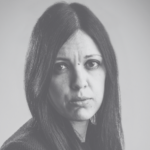 Francesca Borri was born in Italy in 1980. She holds a Master’s in International Relations, a Master’s in Human Rights, and a Bachelor’s in Philosophy of Law. After a first experience in the Balkans, she worked in the Middle East as a human rights officer. She turned to journalism in February 2012 to cover the war in Syria as captured in her book Syrian Dust. She is also the author of books on Kosovo (2008), Israel and Palestine (2010), and Aleppo (2014). In 2017, she was shortlisted for the European Press Prize for her reporting from the Maldives, the non-Arab country with the highest per capita number of foreign fighters. Destination Paradise, the book based on that reportage, was published in 2018. She now writes for La Repubblica, Italy’s leading newspaper.
Francesca Borri was born in Italy in 1980. She holds a Master’s in International Relations, a Master’s in Human Rights, and a Bachelor’s in Philosophy of Law. After a first experience in the Balkans, she worked in the Middle East as a human rights officer. She turned to journalism in February 2012 to cover the war in Syria as captured in her book Syrian Dust. She is also the author of books on Kosovo (2008), Israel and Palestine (2010), and Aleppo (2014). In 2017, she was shortlisted for the European Press Prize for her reporting from the Maldives, the non-Arab country with the highest per capita number of foreign fighters. Destination Paradise, the book based on that reportage, was published in 2018. She now writes for La Repubblica, Italy’s leading newspaper.
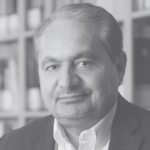 Hossein Mousavian is a Middle East Security and Nuclear Policy Specialist at Princeton University’s Woodrow Wilson School of Public and International Affairs. From 1997 to 2005, he was the head of the Foreign Relations Committee of Iran’s National Security Council; from 2003 to 2005, he served as spokesman for Iran in its nuclear negotiations with the European Union. He is author of “The Iranian Nuclear Crisis: A Memoir” published by Carnegie Endowment for International Peace in June 2012.
Hossein Mousavian is a Middle East Security and Nuclear Policy Specialist at Princeton University’s Woodrow Wilson School of Public and International Affairs. From 1997 to 2005, he was the head of the Foreign Relations Committee of Iran’s National Security Council; from 2003 to 2005, he served as spokesman for Iran in its nuclear negotiations with the European Union. He is author of “The Iranian Nuclear Crisis: A Memoir” published by Carnegie Endowment for International Peace in June 2012.
 Abraham Silver, is an architect, lecturer on the Architecture of Jerusalem at the Hebrew University, and tour guide. He lives in Tel Aviv with his wife and two daughters and lived at Kibbutz-Ketura in the Negev desert for nineteen years working as a date farmer.
Abraham Silver, is an architect, lecturer on the Architecture of Jerusalem at the Hebrew University, and tour guide. He lives in Tel Aviv with his wife and two daughters and lived at Kibbutz-Ketura in the Negev desert for nineteen years working as a date farmer.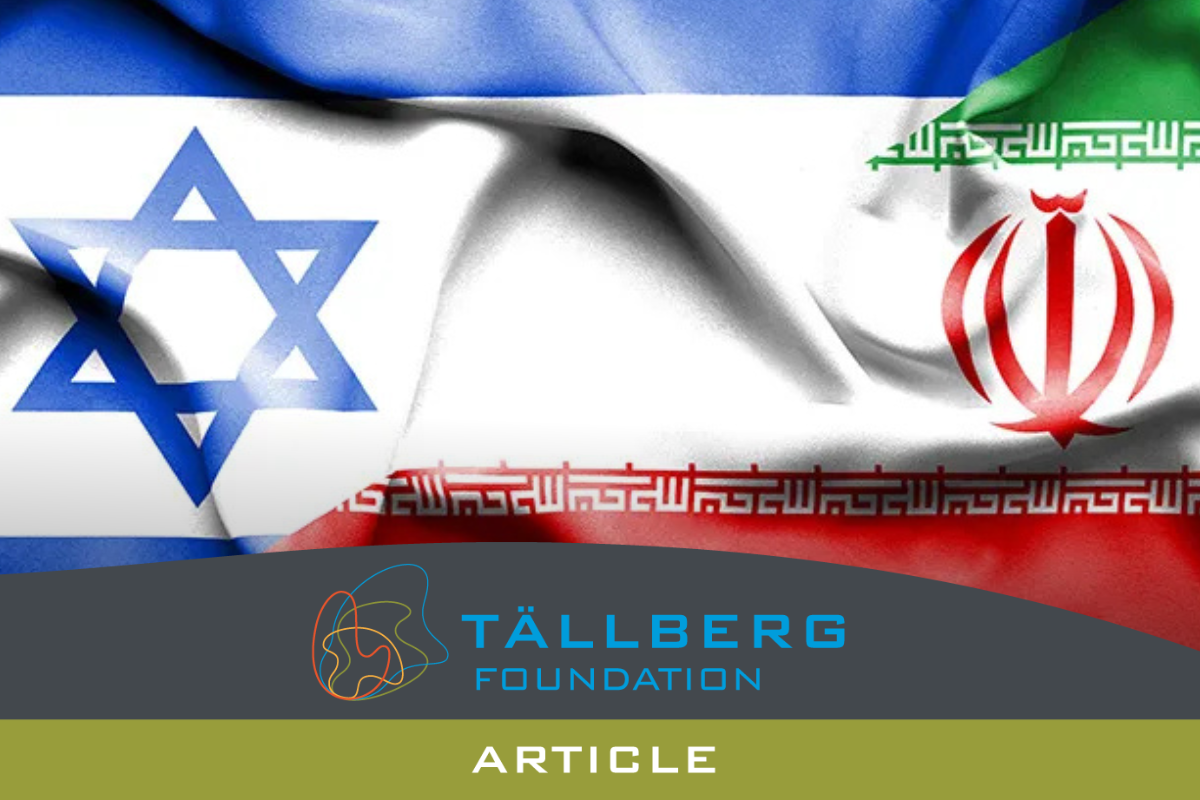
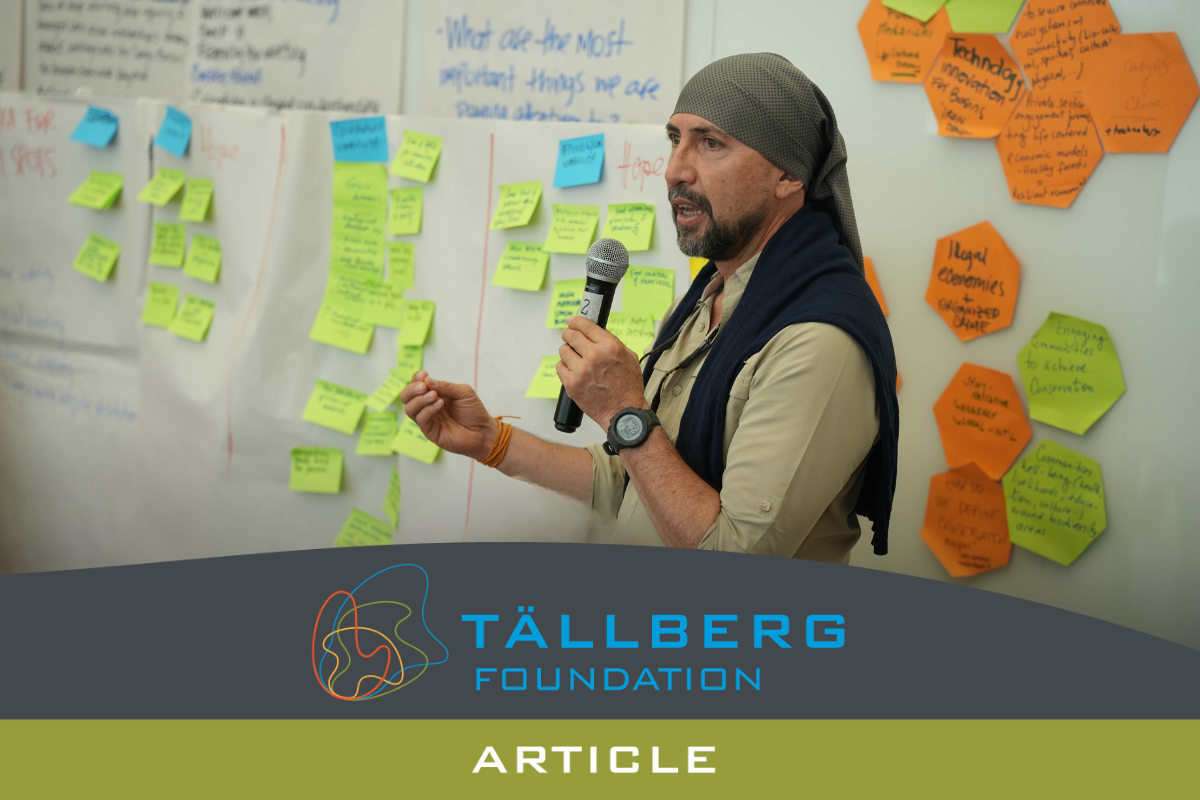


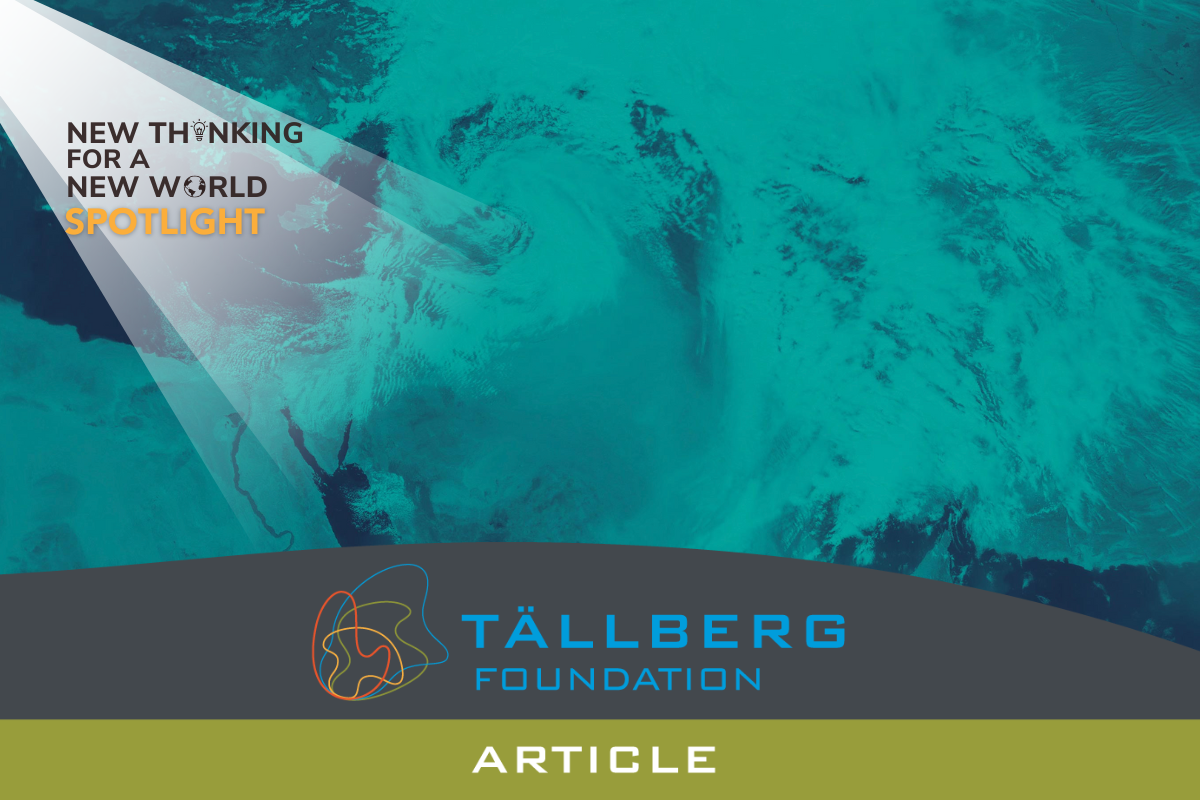
0 Comments